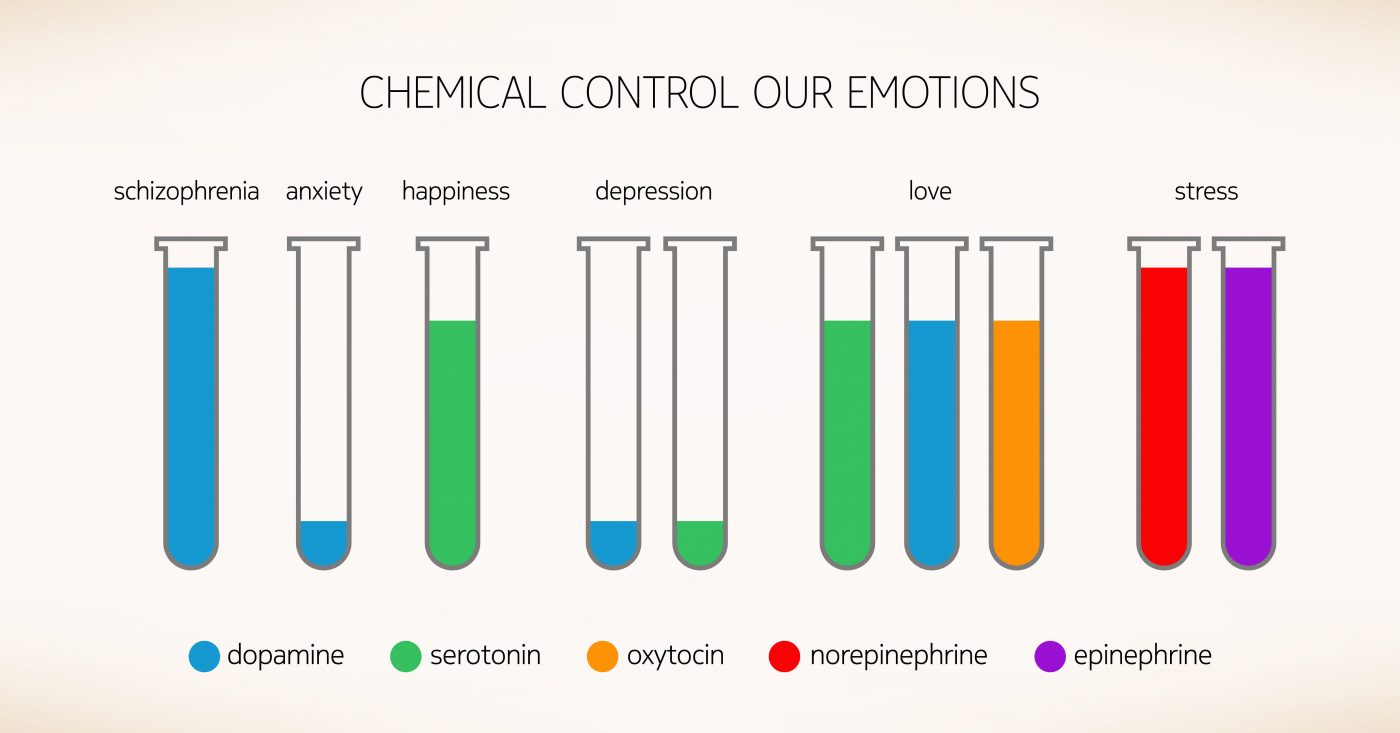High Dopamine Levels Boost Risky-Decision Making

In a new study entitled “Dopaminergic Modulation of Decision Making and Subjective Well-Being”, published in the Journal of Neuroscience, researchers show that decisions on risk-taking may be influenced by a boost in the levels of the neurotransmitter dopamine. These findings are in line with previous reports that suggest dopamine drugs, such as L-DOPA, are connected to compulsive gambling in Parkinson’s disease patients.
In this study, a team of researchers at University College London enrolled thirty healthy adults into a gambling task, which required participants to choose between either a safer or a riskier option, which resulted in gaining or losing money. Decisions were recorded into two separate occasions: after receiving a placebo and after a dopamine drug, specifically L-DOPA.
During the tasks, all subjects could choose to gamble when there were equal probabilities to win either a large reward, nothing, or a small reward. In certain occasions, participants were faced with the choice of accepting a small loss versus gambling, along with the possibility of no monetary losses versus loosing large amounts of money. Throughout the study subjects were repeatedly asked, “How happy are you at this moment?”
The team discovered that participants took riskier decisions to receive higher rewards after receiving L-DOPA, but the same behavior was not observed with a placebo. Notably, the team found that after receiving L-DOPA, participants maintained risk options, independently from how large the compensation was (when compared to a safe alternative). When questioned about their happiness, participants receiving L-DOPA reported high levels of happiness after winning a small reward, while the result was no longer the same upon placebo treatment. Particularly, participants on L-DOPA were equally happy if presented with a small or larger reward, while on a placebo happiness was always higher after large rewards.
The team highlights that L-DOPA seemed to turn small rewards more appealing but did not alter participants’ assessments on potential losses.
These results show how dopamine affects individuals’ decision-making and influences their emotional state. As Nathaniel Daw, a neuroscientist at New York University noted, these findings “may help to explain some kinds of gambling and impulse control problems, and also aspects of mood disorders.”






